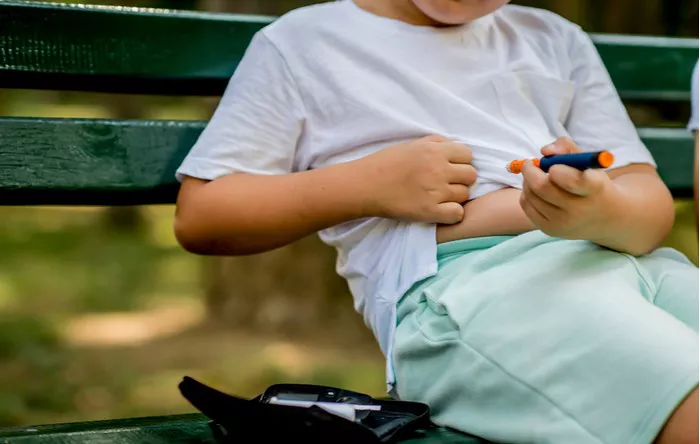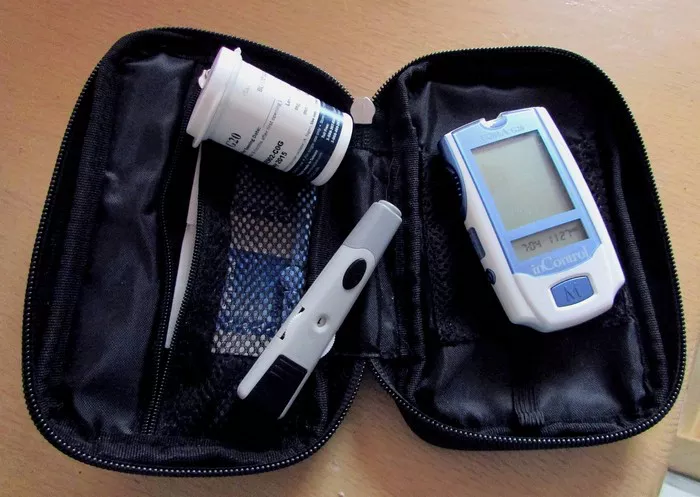Hypoglycemia is a medical condition characterized by abnormally low blood sugar levels, typically below 70 milligrams per deciliter (mg/dL). It occurs when the body’s glucose (sugar) levels drop too low, depriving cells of the energy they need to function properly.
Recognizing the signs and symptoms of hypoglycemia is crucial for timely intervention. Typical symptoms include sweating, shakiness, confusion, hunger, and weakness. Individuals may also experience palpitations, dizziness, irritability, or blurred vision.
Immediate Action Steps
When experiencing hypoglycemia, taking prompt action is essential to raise blood sugar levels and alleviate symptoms.
Consume fast-acting carbohydrates: Quickly replenish glucose by consuming fast-acting carbohydrates such as glucose tablets, fruit juice, candy, or any other readily available source of sugar.
Check blood sugar levels: If possible, use a blood glucose meter to confirm low blood sugar levels. This helps to gauge the severity of hypoglycemia and determine the effectiveness of treatment.
Rest and wait: After consuming carbohydrates, advise individuals to rest and wait for symptoms to improve. This allows time for the body to absorb the sugar and raise blood glucose levels.
Recheck Blood Sugar Levels: Approximately 15 minutes after treatment, recheck blood sugar levels to ensure they have returned to a safe range (typically above 70 mg/dL). If levels remain low or symptoms persist, additional treatment may be necessary.
Follow-Up Actions
After managing the immediate symptoms of hypoglycemia, it’s important to take further steps to prevent recurrence and monitor for potential complications.
Eating a balanced meal or snack: Encourage individuals to eat a balanced meal or snack containing carbohydrates, protein, and healthy fats. This helps to stabilize blood sugar levels and provides sustained energy.
Monitoring for rebound hypoglycemia: Some individuals may experience rebound hypoglycemia, where blood sugar levels rise too high after treating an episode of low blood sugar. Monitor blood sugar levels closely to prevent this occurrence.
When to Seek Medical Attention
While most cases of hypoglycemia can be managed at home, there are instances where medical attention is necessary.
Severe or prolonged symptoms: If symptoms are severe, persistent, or worsening despite treatment, seek medical attention promptly. This may indicate a more serious underlying condition or the need for additional interventions.
Inability to treat effectively: If an individual is unable to treat hypoglycemia themselves, or if they lose consciousness or become unresponsive, it’s critical to seek immediate medical help.
Prevention Strategies
Taking proactive steps to prevent hypoglycemia can help individuals maintain stable blood sugar levels and minimize the risk of recurrence.
Eating regular meals and snacks: Establishing a consistent eating schedule with balanced meals and snacks helps to regulate blood sugar levels throughout the day.
Monitoring blood sugar levels regularly: Regular monitoring allows individuals to track their blood sugar levels and make necessary adjustments to their treatment plan.
Adjusting medication doses as needed: Work closely with healthcare providers to adjust medication doses as needed, particularly insulin or other diabetes medications, to prevent hypoglycemia.
Avoiding excessive alcohol consumption: Alcohol can lower blood sugar levels and increase the risk of hypoglycemia, especially when consumed without food. Limit alcohol intake and be mindful of its effects on blood sugar.
Conclusion
Managing hypoglycemia effectively requires prompt recognition of symptoms and appropriate intervention. By following these steps and working closely with healthcare providers, individuals can minimize the impact of hypoglycemia on their health and well-being. It’s important to develop a personalized hypoglycemia management plan and to seek medical attention when necessary. With proper care and vigilance, individuals can maintain optimal blood sugar control and enjoy a better quality of life.
Related Topics:
What Can I Eat Immediately To Lower My Blood Sugar?
























